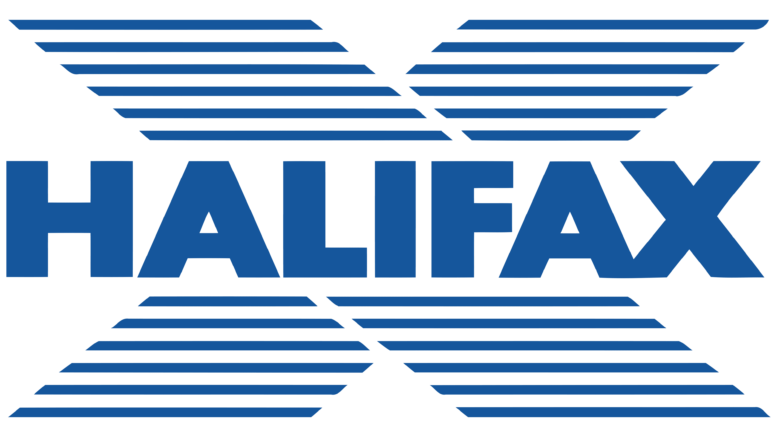Despite war, rocketing fuel prices, and rising interest rates, house prices rose in February at an annual rate of 10.8 per cent, the fastest since 2007, the Halifax has reported.
The mortgage lender put the current average house price across the UK at just over £278,000.
‘The UK housing market shrugged off a slightly slower start to the year with average property prices rising by another 0.5 per cent in February’, said Halifax managing director Russell Galley. ‘This was an eighth successive month of house price growth, as the resilience which has typified the market throughout the pandemic shows little sign of easing.
‘Two years on from the start of the pandemic, average property values have now risen by £38,709 (16 per cent) since February 2020. Over the last 12 months alone house prices have gained on average £27,215. This is the biggest one-year cash rise recorded in over 39 years of (the Halifax) index history’.
Lack of supply continues to underpin rising house prices, said Galley. But looking ahead, ‘geopolitical events expose the UK to new sources of uncertainty’.
The war in Ukraine will have an effect on confidence, trade and global supply chains. ‘Surging oil and gas prices are one immediate consequence, meaning that inflation in the UK – already at a 30-year peak – will remain higher for longer. This will add to the squeeze on already stretched household incomes’, said Galley.
‘These factors are likely to weigh on buyer demand as the year progresses, with market activity likely to return to more normal levels and an easing of house price growth to be expected’.
Seven UK areas are now seeing double-digit annual house price inflation, according to the Halifax. Wales was ‘once again’ the strongest performing region with annual house price growth of 13.8 per cent. The South West of England also continued to see big gains with annual house price inflation put at 13.4 per cent. Northern Ireland experienced price growth of 13.1 per cent in the last year.
London remained the weakest performing area of the UK, although there were continued signs of recovery with the annual rate of house price inflation put at 5.4 per cent.
The Halifax survey results confirmed the picture shown a few days earlier by the latest Nationwide house price survey.
It put annual UK house price growth at 12.6 per cent in February, representing an average price hike of £29,000 over the last year.
Nationwide chief economist Robert Gardner, also pointed out that the increase translated into the largest cash increase since the index started in 1991.
‘The continued buoyancy of the housing market is a little surprising, given the mounting pressure on household budgets from rising inflation, which reached a 30-year high of 5.5 per cent in January, and since borrowing costs have started to move up from all-time lows in recent months.
‘The strength is particularly noteworthy since the squeeze on household incomes has led to a significant weakening of consumer confidence. Indeed, consumers’ views of the general economic outlook and prospects for their own financial circumstances over the next 12 months have plunged towards levels prevailing at the start of the pandemic’.
With the economic outlook particularly uncertain, ‘it is likely that the housing market will slow in the quarters ahead’, said Gardner.
‘The squeeze on household incomes is set to intensify, with inflation expected to rise above 7 per cent in the coming months.
‘Indeed, there is scope for inflation to rise even further as events in Ukraine threaten to send global energy prices even higher. Assuming that labour market conditions remain strong, the Bank of England is also likely to raise interest rates, which will exert a further drag on the market if this feeds through to mortgage rates’.
- Other commentators are also pointing to possible house market troubles ahead. ‘House prices can’t escape reality forever. Eventually buyers will have to face the fact that life is getting more expensive and unpredictable’, said Hargreaves Lansdown senior personal finance analyst Sarah Coles. ‘Because it takes weeks to complete a house sale, there’s always a delay between when buyers make a decision and when it has an impact on the figures. But the growing worries potential buyers are feeling today will feed through into house prices in April and May, and prices will start to rise more slowly as we go through 2022’.







